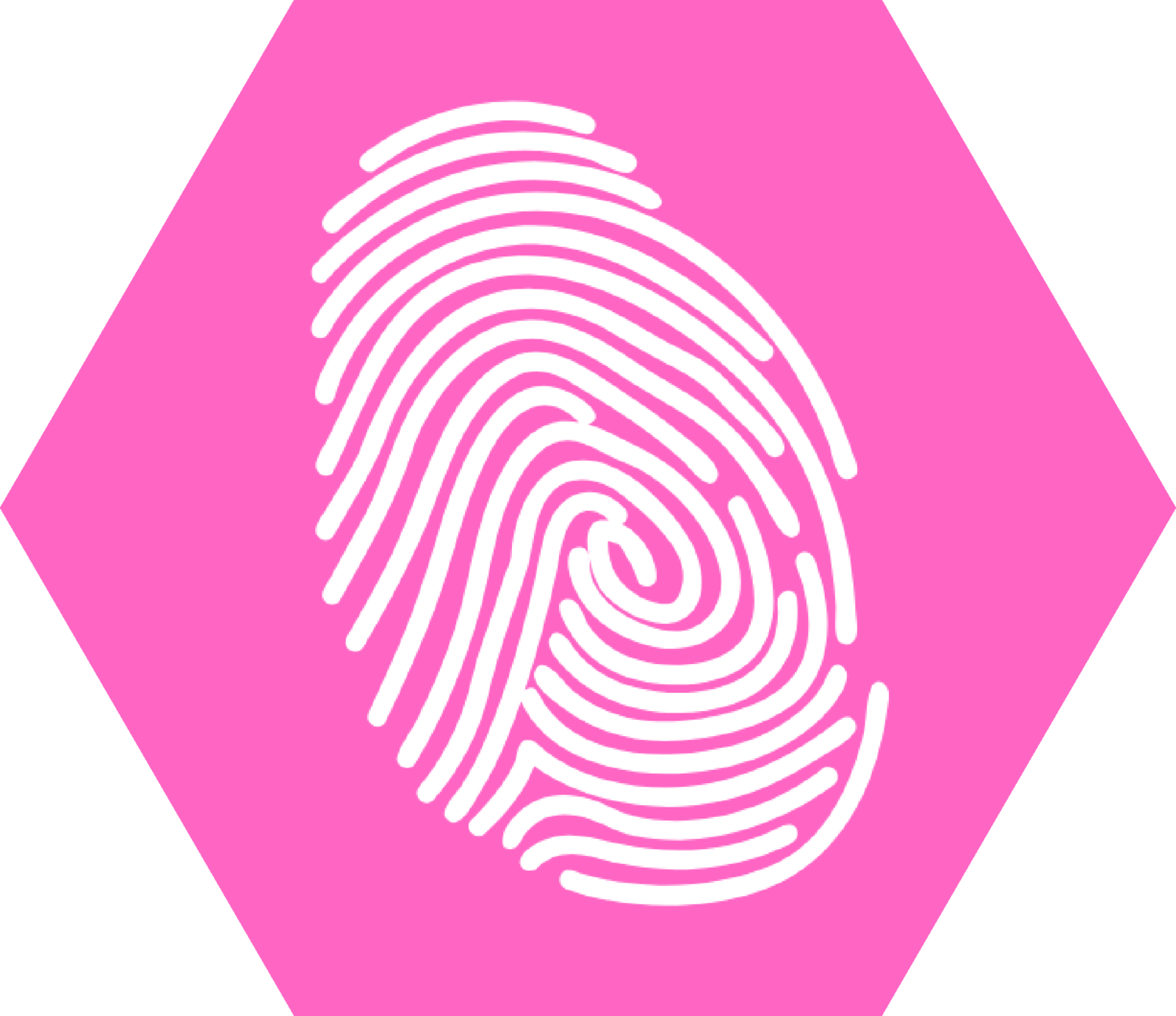
Women and Northern Ireland by Dr. Maeve O’Brien
The civil strife that has plagued the region of the north of Ireland has long dominated the narrative of lived experience here. When we talk of peacebuilding, leadership, economics and culture, overwhelmingly it is men and male experiences that are heard loudest. Eileen Evason termed the period known as The Troubles as, “an armed patriarchy” and while certainly armed violence has substantially decreased in Northern Ireland, the stranglehold of patriarchy has not.
For women and female-identified people in the north, the fight to have our voices heard and experiences documented has been an uphill battle. Emotional labour, such as caregiving and domestic chores continue to remain unpaid and unacknowledged, Northern Ireland still does not have adequate childcare provision – thus impacting women’s participation in public life. For many women, re-entering the workforce after years spent in the home rearing children puts them on the back foot - and this is without taking into consideration the endemic institutional sexism and unconscious bias that plagues our working lives.
In the community and voluntary sector, these patriarchal practices are unfortunately replicated. Women make up the majority of workers in this sector and yet are discriminated against at an institutional level with employment contracts lacking permanency (thus stifling the longevity of meaningful projects), a glass-ceiling with men dominating the roles of CEO and director; and so-called “soft skills” courses and activities which encourage the hardest to reach are not recognised as worthwhile by some funding bodies who largely measure “change” and “participation” as administrative tick-box exercises.
And yet, if we remove institutionalised definitions of what “participation” means and consider more intangible results such as friendship, caregiving support and sharing of stories, it is clear that women in Northern Ireland have been, and are extremely present in orchestrating social, cultural, and economic change - as well as peacebuilding, intercultural and cross-community connections. This is corroborated by findings from Eilish Rooney and Margaret Woods who have noted that, despite appearances to the contrary, women in Northern Ireland are extremely committed to and engaged with the work of social justice and peacebuilding on a grassroots level.
Most recent examples of this grassroots commitment to change can be seen in the sustained activism across the six counties that led to the decriminalisation of abortion in this region in 2019. Indeed, for all the talk of greater co-operation between north and south by political heavyweights, the women on this island have been doing that work for years – acutely evidenced by the engagement of protestant, unionist and loyalist women with catholic, nationalist, republican women and women from the south in fighting to repeal the 8th Amendment from the Irish constitution, as well as the island-wide #IBelieveHer protests in support of the victim in the case of the Ulster Rugby rape trials and the acquitting of a Cork man for the rape of a 17-year old, whose underwear was shown in court as evidence for the defence.
On a grassroots level, women intrinsically understand the gaps and inconsistencies in the justice system, the pitfalls of reproductive healthcare being legislated for under criminal law, and the many barriers to equality experienced across age, race, sexual orientation and gendered identity, to name but a few. In community centres, through activities such as bead-storytelling, creative writing classes and crocheting, women develop friendships and gain confidence that transcend these barriers. Young women concerned about fast fashion and the environment blend these passions with the fight for reproductive justice with eco-friendly, anti-direct provision and anti-racist pro-choice stalls appearing in locations such as Derry City, Belfast and Omagh to name a few. Women understand that social, political, economic and health issues intersect with one another. We understand this because we multi-task in the home, in our working lives and have strong empathy due to our own personal experiences of living under the yoke of patriarchy.
A more just world is a more feminist world and in order to achieve this, the platforming of grassroots women in society and in the workforce is absolutely integral. Those women who participate in “soft skills” classes often demonstrate more co-operation, communication and understanding of the rigors of peacebuilding than any policymaker or funder at the highest level. Recent advances by organisations such as The Big Lottery whereby funders have been listening to grassroots organisations to re-shape their application process shows that meaningful change is possible. At the very least, removing literacy barriers and diffusing the rigorous language of grant-making in the community and voluntary sector is a step in the right direction.
For women in Northern Ireland, the work of nurturing, leadership, support and creating dialogues will continue. These women may not make headlines (although they rightly should), but they are there, providing the background to and foundation of our society – as was done throughout the Troubles, so too now do we owe the very essence of our lives to grassroots women.

